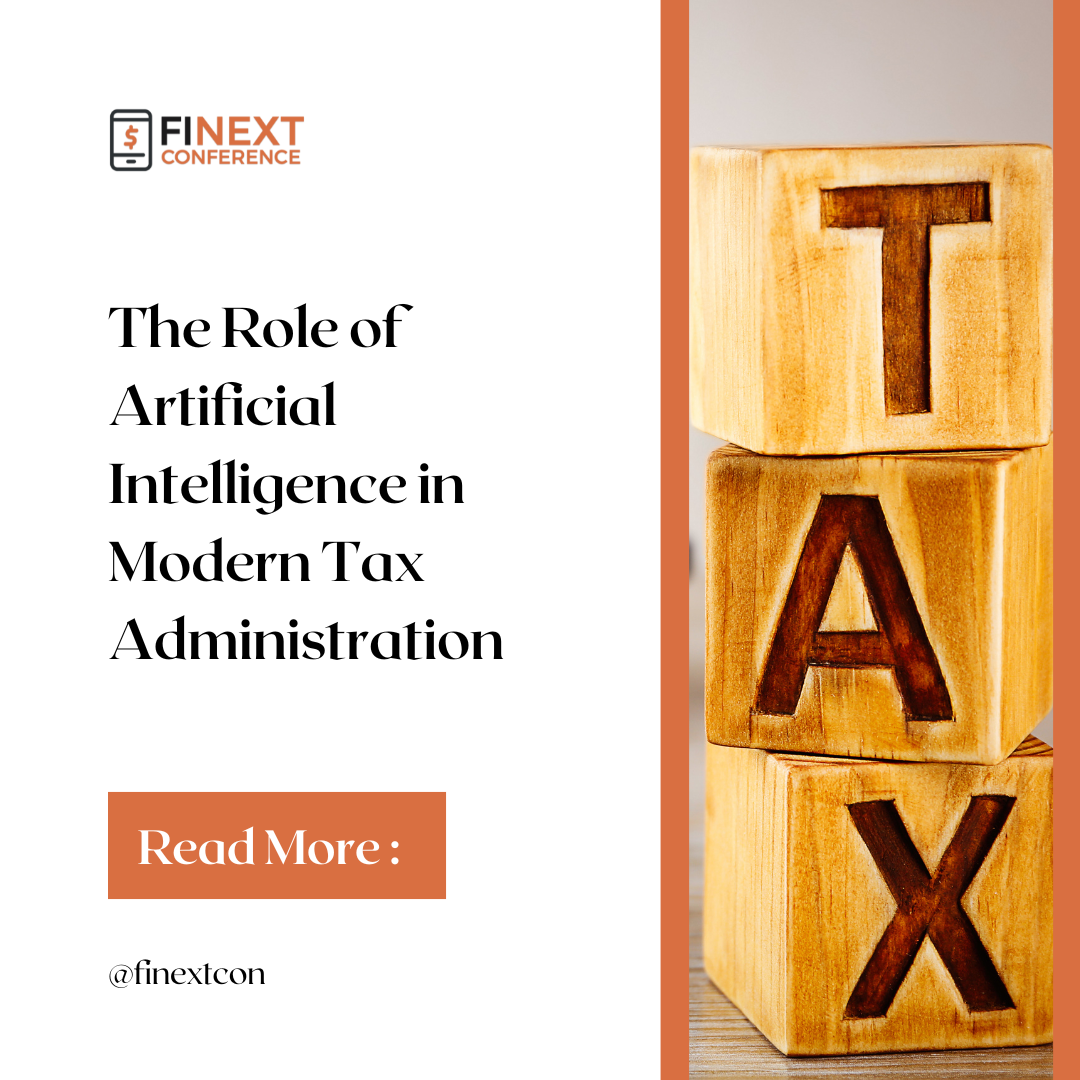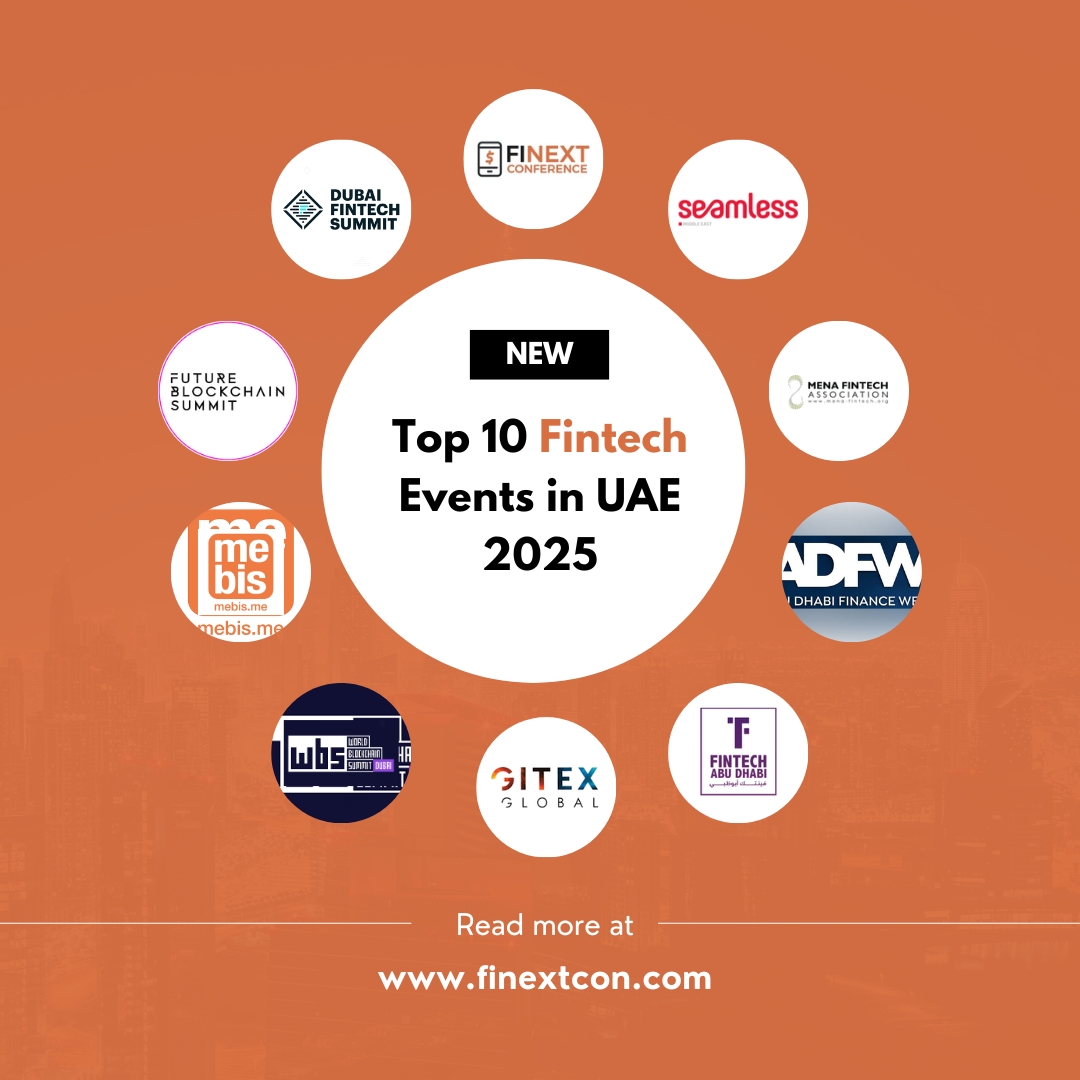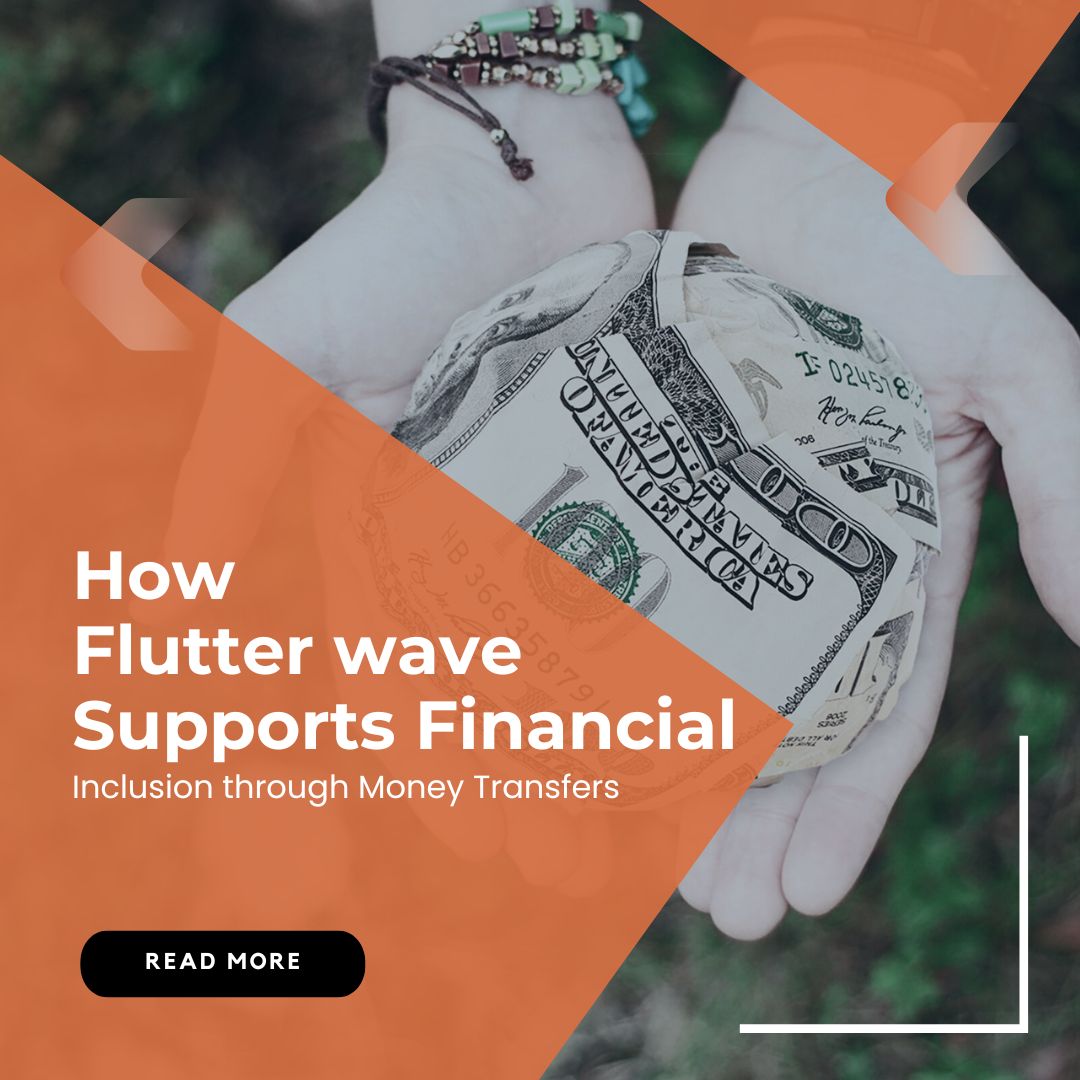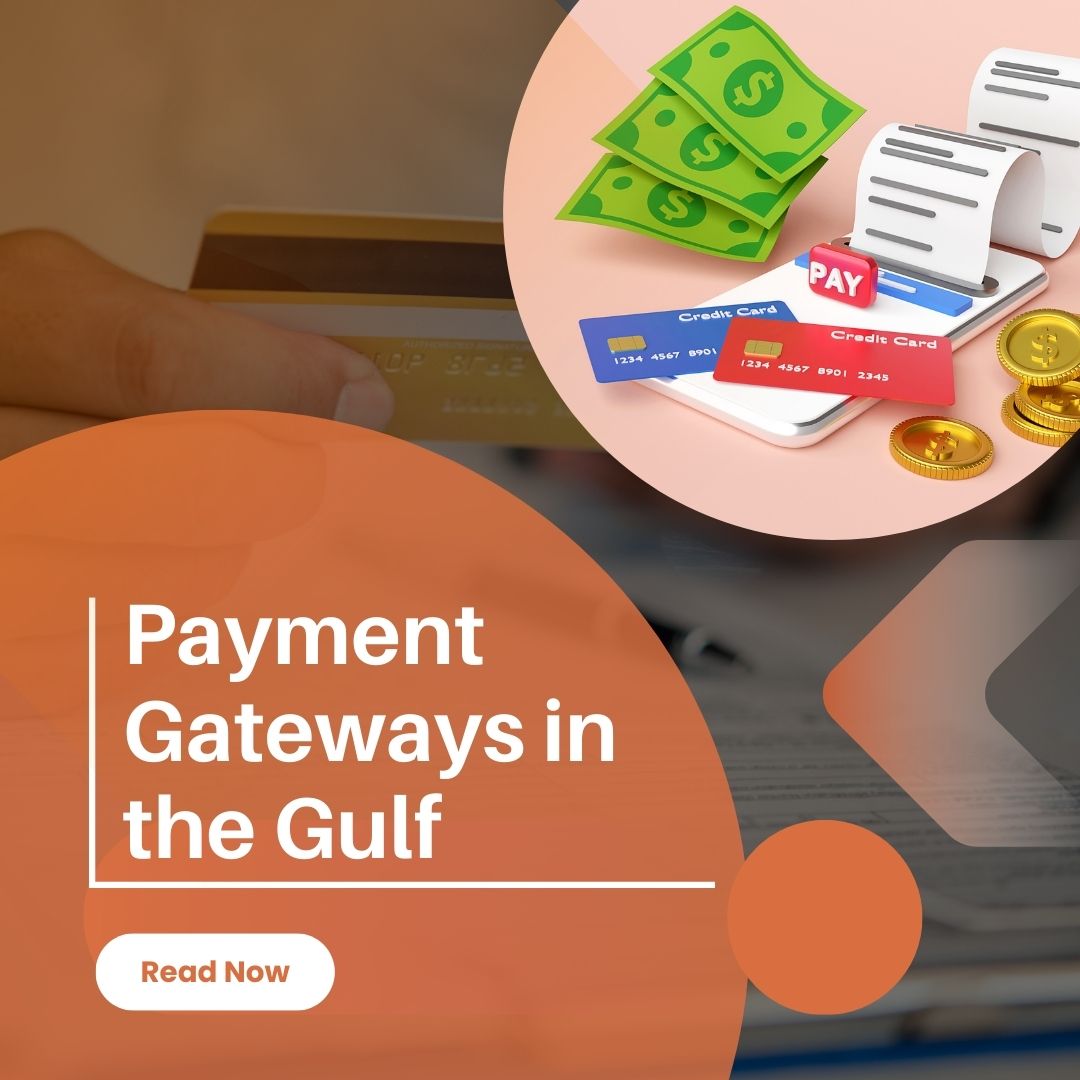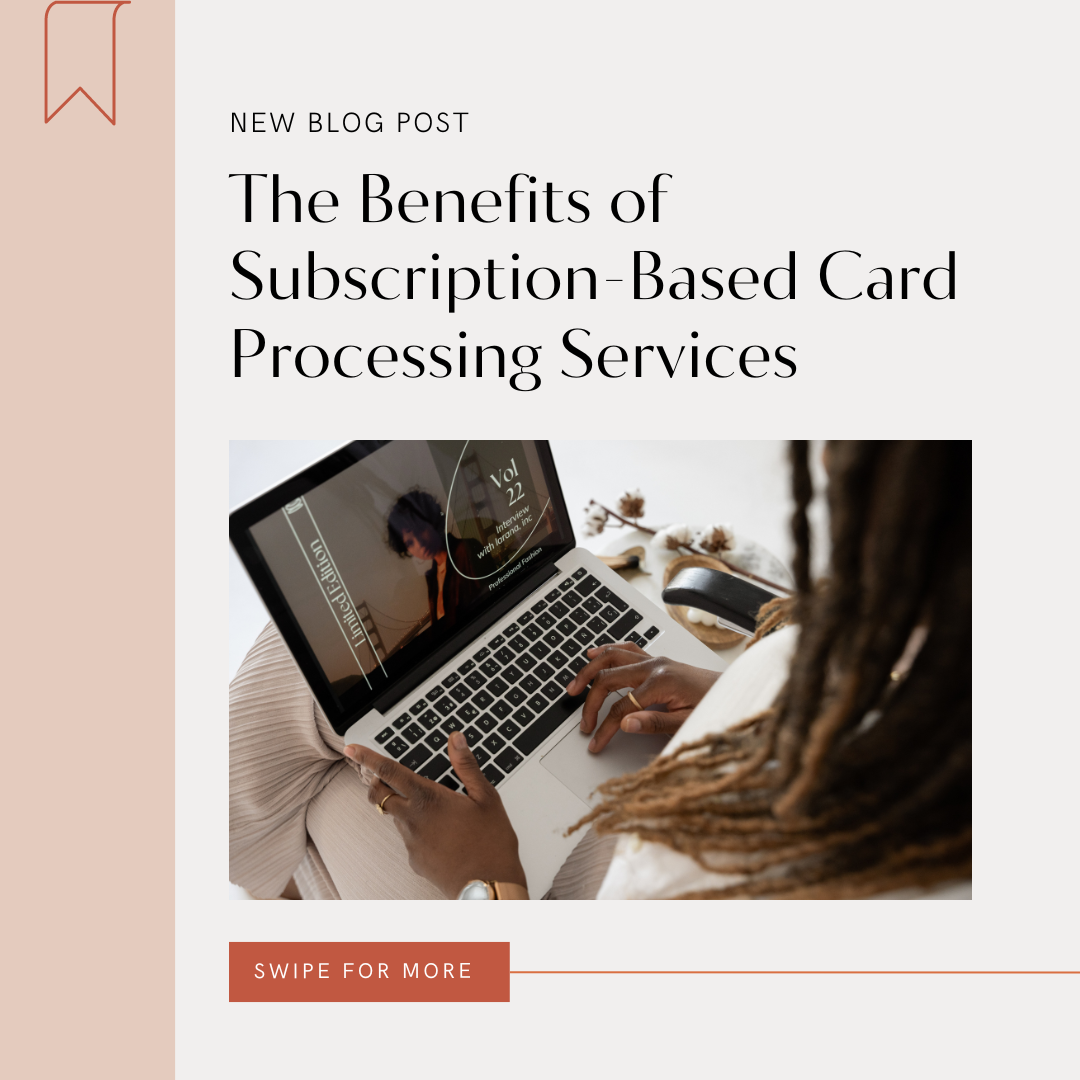FiNext Conference 2025 is proud to announce that Mr. Fahad Alzomea, a seasoned expert in financial planning, corporate treasury, and fintech, will be joining as a keynote speaker. With over 22 years of experience across various industries, including banking, insurance, telecom, retail, and fintech, Mr. Alzomea brings a wealth of knowledge and insights to the global financial community. About Mr. Fahad Alzomea Mr. Alzomea’s extensive background spans financial planning and analysis, corporate treasury, accounting, group reporting, compliance, governance, investor relations, and ERP implementation. He has successfully navigated the financial landscape in multiple industries, making him a valuable resource for attendees looking to gain actionable insights into the evolving world of finance. He holds a B.A. in Economics and Business Administration with a major in accounting from King Saud University and a master’s degree in accounting from the University of Illinois at Urbana-Champaign (UIUC). In addition, he is a certified public accountant (CPA) from the American Institute of CPAs (AICPA) in the U.S., further solidifying his expertise in global financial practices. Neoleap: Shaping the Future of Payments Mr. Alzomea currently serves at Neoleap, a cutting-edge financial technology company licensed by the Saudi Central Bank. Neoleap is at the forefront of shaping the future of payments in Saudi Arabia and beyond, providing innovative solutions that align with the Kingdom’s Vision 2030 of creating a digital economy. Under Neoleap’s umbrella are various digital solutions such as digital wallets, point-of-sale systems, e-commerce platforms, and payment gateways. The company’s mission is to empower individuals and businesses by delivering secure, seamless, and innovative payment experiences through technological leadership and operational excellence. What to Expect at FiNext Conference 2025 At FiNext Conference 2025, Mr. Alzomea will share his insights on the dynamic role of fintech in shaping the future of payments. His session will delve into how companies like Neoleap are revolutionizing the financial landscape in Saudi Arabia, providing solutions that not only meet the demands of today but are also designed to drive the digital economy of the future. His discussion is particularly relevant as businesses and governments worldwide focus on creating more secure, efficient, and innovative payment solutions. Whether you are a fintech entrepreneur, a corporate finance executive, or a banking professional, Mr. Alzomea’s insights will provide invaluable guidance on navigating the challenges and opportunities in this fast-evolving space. Don’t miss the opportunity to hear from one of the leading voices in financial planning and fintech innovation. Join us at FiNext Conference 2025 for a session that promises to be both informative and inspiring.
Tag: Fintech Expo in MENA
The Evolution of Fintech Partnerships: From Competition to Collaboration
The Evolution of Fintech Partnerships: From Competition to Collaboration
The Role of Artificial Intelligence in Modern Tax Administration
Role of Artificial Intelligence in Modern Tax Administration
Top 10 Fintech Events in UAE 2025
The United Arab Emirates (UAE) continues to establish itself as a global hub for financial technology (fintech), with Dubai and Abu Dhabi leading the charge. In 2025, the UAE will host a plethora of fintech events that will bring together industry leaders, innovators, investors, and enthusiasts from around the world. Here’s a look at the top 10 fintech events in the UAE that you should mark on your calendar. Fintech Events In the UAE 2025 1.FiNext Awards & Conference Date: Feburary 12-13, 2025 Location: Dubai The FiNext Awards & Conference Dubai 2025 is a premier event designed to bring together the brightest minds and leading innovators in the financial technology (FinTech) industry. Scheduled for February 26-27, 2025, this event will be held in the dynamic and cosmopolitan city of Dubai, known for its rapid advancements in technology and finance. 2.Seamless Middle East Date: April 15-16, 2025 Location: Dubai Seamless Middle East is a comprehensive event that covers fintech, payments, e-commerce, retail, and identity. With over 300 speakers and hundreds of exhibitors, this event offers unparalleled opportunities for learning and networking. 3.GITEX Global Date: October 6-10, 2025 Location: Dubai As one of the largest technology events in the world, GITEX Global features a dedicated fintech section that showcases the latest advancements in financial technology. It’s a must-attend for anyone looking to stay ahead in the tech-driven financial landscape. 4.Abu Dhabi Finance Week Date: November 3-7, 2025 Location: Abu Dhabi Abu Dhabi Finance Week focuses on the future of finance, featuring discussions on fintech, sustainable finance, and investment trends. It attracts a global audience of policymakers, industry leaders, and innovators. 5.Dubai FinTech Summit Date: June 24-25, 2025 Location: Dubai The Dubai FinTech Summit is a premier event that brings together fintech startups, financial institutions, and investors. The summit covers a wide range of topics, including blockchain, digital banking, and regulatory challenges. 6.Middle East Banking Innovation Summit Date: September 8-9, 2025 Location: Dubai This summit is dedicated to exploring the latest innovations in banking technology. With a strong focus on digital transformation, the event provides a platform for banks and fintech companies to collaborate and drive the future of banking. 7.World Blockchain Summit Date: February 18-19, 2025 Location: Dubai The World Blockchain Summit gathers blockchain experts and enthusiasts to discuss the transformative potential of blockchain technology in various industries, including finance. It’s an essential event for those interested in the intersection of blockchain and fintech. 8.MENA Fintech Association Annual Conference Date: May 20, 2025 Location: Abu Dhabi Organized by the MENA Fintech Association, this conference focuses on the regional fintech ecosystem. It offers valuable insights into regulatory developments, market trends, and the challenges faced by fintech companies in the Middle East and North Africa. 9.Future Blockchain Summit Date: October 20-21, 2025 Location: Dubai Part of the broader GITEX Technology Week, the Future Blockchain Summit is dedicated to blockchain technology and its applications in fintech. It’s a great opportunity to explore blockchain innovations and network with industry pioneers. 10.Fintech Abu Dhabi Date: December 1-2, 2025 Location:… Continue Reading Top 10 Fintech Events in UAE 2025
How Flutterwave Supports Financial Inclusion through Money Transfers
In today’s interconnected world, financial inclusion remains a critical issue, especially in developing regions where access to financial services is limited. Flutterwave, a leading payment technology company in Africa, is making significant strides in bridging this gap. By leveraging innovative solutions and a robust platform, Flutterwave is empowering individuals and businesses through seamless money transfers. This blog explores how Flutterwave supports financial inclusion and transforms lives across the continent. Understanding Financial Inclusion Financial inclusion refers to the availability and accessibility of financial services to all individuals, regardless of their socio-economic status. It encompasses a range of services, including banking, payments, savings, credit, and insurance. Financial inclusion is essential for economic development, poverty reduction, and overall societal well-being. Flutterwave’s Role in Promoting Financial Inclusion Flutterwave has emerged as a pivotal player in the financial technology sector, particularly in Africa. Here’s how the company is driving financial inclusion through money transfers: Success Stories The impact of Flutterwave’s efforts is evident in the numerous success stories from individuals and businesses across Africa. For instance, a small business owner in Nigeria can now receive payments from international customers seamlessly, thanks to Flutterwave’s payment gateway. Similarly, a student in Kenya can receive remittances from family abroad quickly and affordably, helping them focus on their studies without financial stress. The Road Ahead While significant progress has been made, the journey towards complete financial inclusion is ongoing. Flutterwave continues to innovate and expand its services to reach more people and address emerging challenges. The company’s commitment to financial inclusion is a testament to its vision of a world where everyone has access to the financial services they need to thrive. Conclusion Flutterwave’s dedication to financial inclusion through money transfers is transforming lives and fostering economic growth across Africa. By providing accessible, affordable, and innovative financial solutions, Flutterwave is empowering individuals and businesses to participate fully in the economy. As the company continues to expand and innovate, the future of financial inclusion in Africa looks promising.
The Rise of Payment Gateways in the Gulf: A Digital Transformation
Introduction The Gulf region, encompassing countries like Saudi Arabia, the United Arab Emirates, Qatar, Oman, Kuwait, and Bahrain, is witnessing a rapid digital transformation. One of the most significant developments in this digital revolution is the rise of payment gateways. These financial services play a crucial role in facilitating online transactions, ensuring seamless and secure payment processes for businesses and consumers alike. In this blog, we will explore the growth, key players, and the future of payment gateways in the Gulf. The Growth of E-commerce and Digital Payments The Gulf region has seen a substantial increase in e-commerce activities over the past decade. Factors such as high internet penetration, widespread smartphone usage, and a young, tech-savvy population have contributed to this growth. As more businesses and consumers embrace online shopping, the demand for reliable and efficient payment gateways has surged. Key Players in the Gulf’s Payment Gateway Market Several payment gateway providers have established a strong presence in the Gulf region. Some of the key players include: PayTabs: Headquartered in Saudi Arabia, PayTabs is one of the leading payment gateway providers in the Middle East. It offers a range of services, including online payment processing, invoicing, and mobile payments. Network International: Based in the UAE, Network International is a prominent payment solutions provider in the Gulf region. It offers a comprehensive suite of services, including payment processing, merchant acquiring, and fraud prevention. Telr: Another UAE-based company, Telr, provides online payment solutions for businesses of all sizes. It offers a secure and scalable platform for processing payments in multiple currencies. Moyasar: A Saudi Arabian payment gateway, Moyasar, offers a user-friendly interface and supports various payment methods, including credit cards, bank transfers, and digital wallets. Features and Benefits of Payment Gateways Payment gateways in the Gulf region offer a range of features and benefits that cater to the diverse needs of businesses and consumers: Challenges and Opportunities Despite the numerous benefits, there are challenges that payment gateways in the Gulf region must address: The Future of Payment Gateways in the Gulf The future of payment gateways in the Gulf region looks promising. As digital transformation continues to accelerate, the demand for efficient and secure payment solutions will only grow. Key trends to watch include the rise of mobile payments, the adoption of blockchain technology, and the integration of artificial intelligence to enhance fraud detection and prevention. Conclusion Payment gateways are playing a pivotal role in the Gulf’s digital economy, enabling businesses to thrive in the online marketplace and providing consumers with secure and convenient payment options. As the region continues to embrace digital transformation, the importance of payment gateways will only increase, driving innovation and growth in the financial sector. For businesses looking to expand their online presence in the Gulf, partnering with a reliable payment gateway provider is a critical step towards success.
The Benefits of Subscription-Based Card Processing Services
In today’s digital age, businesses are increasingly shifting towards subscription-based models to streamline operations and enhance customer experience. Subscription-based card processing services are a prime example of this evolution, offering numerous advantages over traditional per-transaction fee structures. Here’s a closer look at the benefits of adopting a subscription-based card processing service for your business. 1. Predictable Monthly Costs One of the most significant benefits of subscription-based card processing is the predictability of costs. Traditional card processing services often come with fluctuating fees based on the number and size of transactions. This can make budgeting challenging for businesses. In contrast, subscription-based models offer a fixed monthly fee, allowing businesses to predict and manage their expenses more effectively. 2. Lower Overall Fees Subscription-based models can lead to lower overall processing costs, especially for businesses with high transaction volumes. By paying a flat monthly fee, businesses avoid the cumulative costs of per-transaction fees, which can add up quickly. This cost-saving aspect makes subscription services particularly attractive for growing businesses looking to optimize their operational expenses. 3. Simplified Fee Structures Traditional card processing services often come with complex fee structures, including interchange fees, assessment fees, and various markups. Subscription-based services simplify this by offering a straightforward pricing model. This transparency helps businesses understand exactly what they are paying for, eliminating the confusion and frustration associated with hidden fees and unexpected charges. 4. Enhanced Customer Support Subscription-based card processing providers typically offer superior customer support as part of their service. With a stable revenue stream from subscriptions, these providers can invest more in customer service resources, ensuring that businesses receive timely and effective support. This can be a significant advantage for businesses that rely heavily on card transactions and need prompt assistance to resolve any issues. 5. Scalability As businesses grow, their transaction volumes and processing needs evolve. Subscription-based card processing services are designed to scale with your business. Whether you’re processing a few hundred transactions a month or tens of thousands, these services can accommodate your needs without the hassle of renegotiating fees or upgrading plans frequently. This scalability ensures that your card processing solution grows alongside your business. 6. Improved Cash Flow Management With a predictable monthly fee, businesses can better manage their cash flow. Knowing exactly how much they will be spending on card processing each month helps in planning and allocating resources more efficiently. This improved cash flow management can be crucial for businesses, especially small and medium-sized enterprises, to maintain financial stability and support growth initiatives. 7. Access to Advanced Features Many subscription-based card processing services offer access to advanced features and tools that can benefit businesses. These may include detailed transaction analytics, fraud detection, and prevention tools, and integrations with other business systems. By subscribing to these services, businesses can leverage these tools to optimize their operations, enhance security, and gain valuable insights into their transaction data. Conclusion Subscription-based card processing services offer a compelling alternative to traditional per-transaction fee models. With predictable costs, simplified fee structures, enhanced customer… Continue Reading The Benefits of Subscription-Based Card Processing Services


